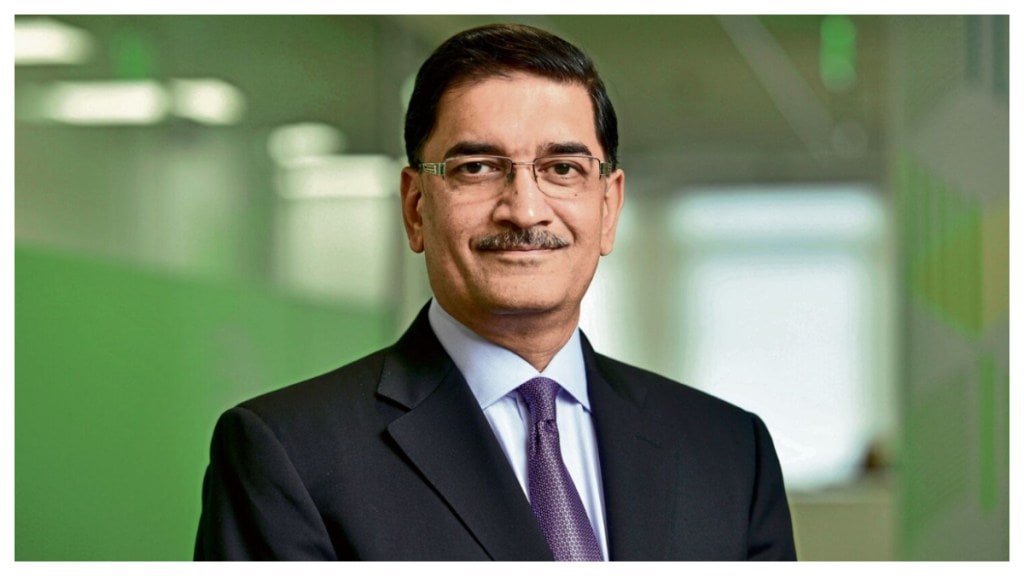Global banking major HSBC is deepening its play in India’s startup ecosystem with a fresh $1-billion lending allocation, targeting founders who seek runway extension without equity dilution. The bank aims to be a working capital and operational banking partner for startups from the seed to the IPO stage. Ajay Sharma, head of banking, HSBC India, elaborates on the strategy during an interview with Ayanti Bera. Excerpts:
Tell us about the fresh allocation that HSBC has made towards lending to Indian startups. What kind of debt investments are these?
HSBC’s $1-billion allocation caters to companies at different stages of their growth journey. For early-stage startups, which are often not profitable, we offer short-term working capital lines. These lines of credit are structured to be cleared regularly, ensuring financial discipline and aligning with the RBI guidelines.
As companies mature and demonstrate greater financial stability, we may consider extending slightly longer-term funding to support their growth and operational stability. However, our emphasis is on providing operational support rather than venture-style financing.
And in terms of stage, are you targeting seed to Series A companies?
Innovation banking delivers tailored solutions to support businesses throughout their life cycle, from seed to IPO. There are two ways we originate customers — through venture capital firms, many of whom already bank with us, and directly from the startup ecosystem. While not all of these companies require borrowing solutions, many seek our banking services for needs such as collections, cash pooling, and payment processing.
Do you see enough demand among Indian startups for such debt?
Yes, and I believe this demand will continue to rise. Venture debt and bank lending cater to distinct needs within the startup ecosystem. Venture debt funds often operate at higher returns, with equity kickers or warrants. Banks, on the other hand, focus on lending for working capital, enabling startups to extend their runway without immediate dilution.
We’ve seen strong demand for debt financing, particularly as startups move towards profitability and discipline post the funding winter. Many startups are now focusing on gross-margin profitability, and once they hit that stage, they often prefer debt over equity dilution to scale their operations.
What are the main risks or challenges for global banks in this space?
The success of this model hinges on being deeply integrated within the venture ecosystem. Lending to startups cannot be done in isolation. We maintain robust relationships with venture capital firms and are well entrenched in the ecosystem, which gives us valuable insights, facilitates referrals, and, at times, provides cautionary guidance. Our innovation banking model emulates successful strategies from other markets like the US, Israel, the UK, Hong Kong, and Australia.
Does that mean you only lend to startups that already have institutional backing?
Not necessarily. We are increasingly observing second- and third-time founders who are launching new ventures from proceeds from previous successful exits, often supported by family offices. These founders bring credibility and strong execution track records. While our primary focus remains on venture-funded startups, we are receptive to lending to such companies as well.
Do you have an annual deployment target for this $1-billion allocation?
Our deployment strategy is market-driven. Our funding allocation for tech startups started with a balance sheet allocation of $50 million in 2019, which was subsequently increased to $250 million in 2022 and to $600 million in 2024. Almost two-thirds of that has already been successfully allocated. The $1-billion allocation is a significant scale-up to continue building on this momentum.
Which sectors are you most excited about when it comes to Indian startups?
Beyond e-commerce, we’re seeing strong activity in B2B and enterprise tech. Globally, life sciences, health tech and sustainability are important, and those themes are coming to India as well. With India’s deep engineering talent and growing entrepreneurial base from IITs, IIMs, and beyond, we’re very optimistic. Startups will be a major driver of value and employment in India’s economic ambitions.

